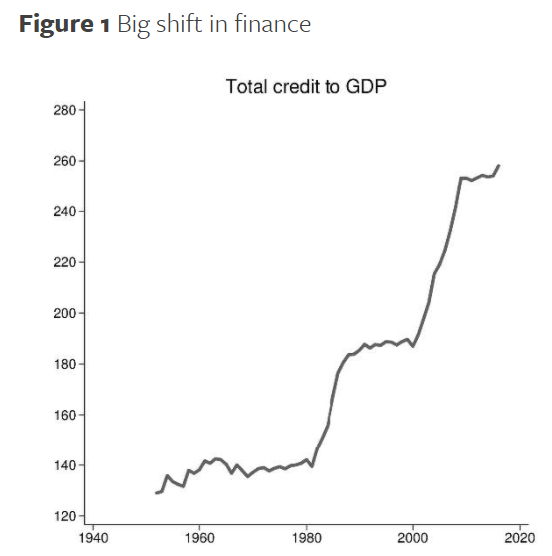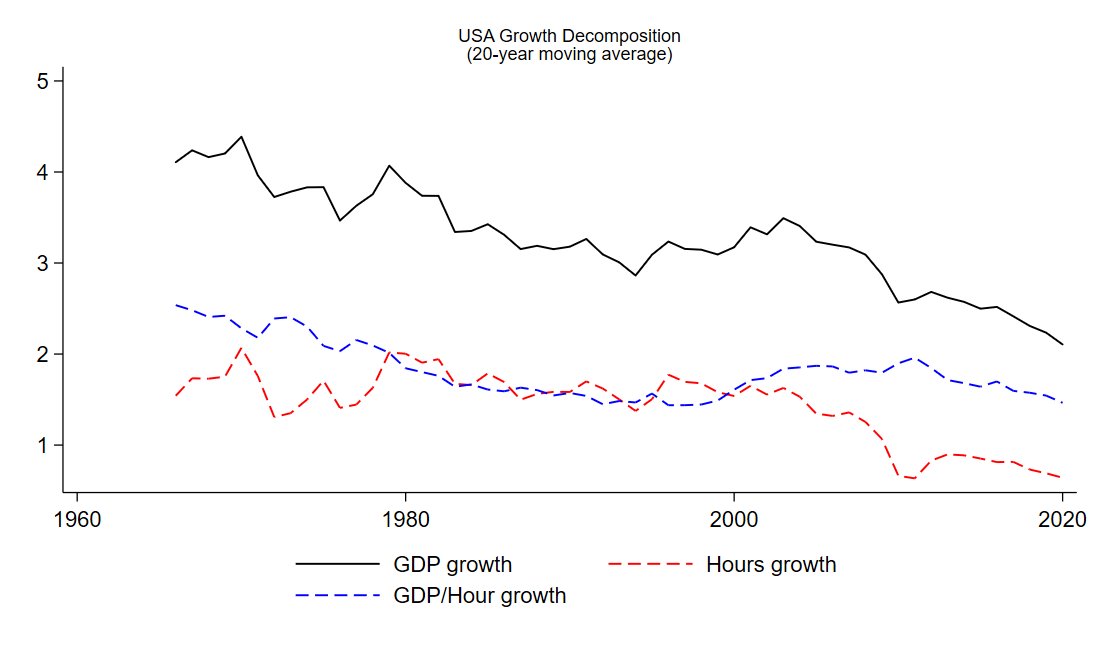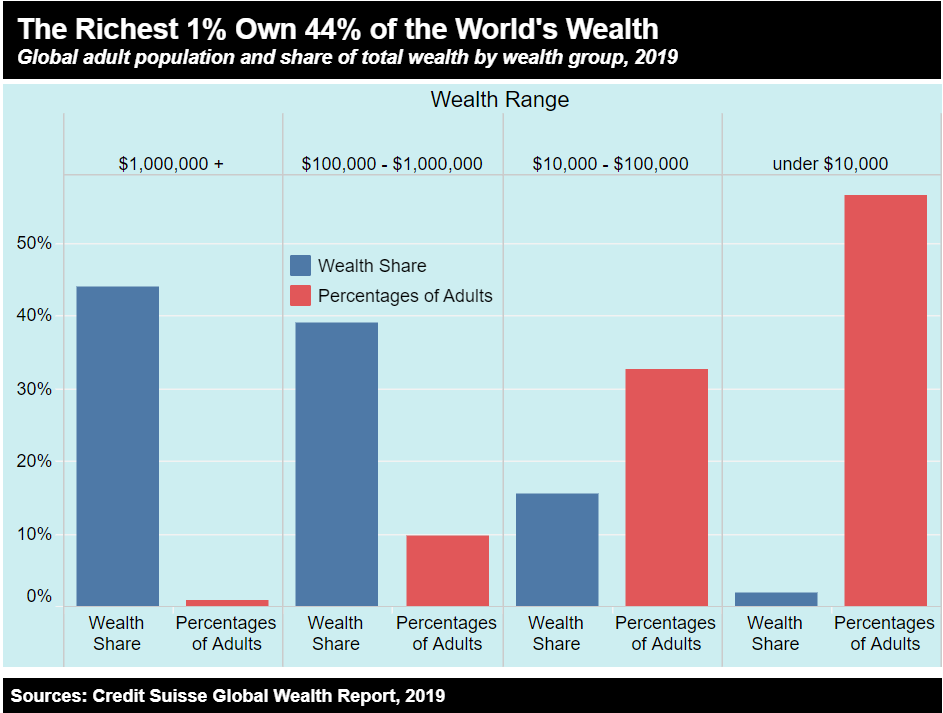
Today's question for #WhyStudyEconomics
Should we provide relief to debtors when there is a recession, such as in this pandemic or the housing crisis before that?
The answer illustrates how good economics is about making the sum bigger than its parts
Should we provide relief to debtors when there is a recession, such as in this pandemic or the housing crisis before that?
The answer illustrates how good economics is about making the sum bigger than its parts
Each debtor has a lender. So providing relief to the debtor means we are taking something away from the lender
Isn't this a zero sum game then?
Why provide relief to the debtor at the expense of the lender?
Economics tells us that this apparently simple logic is incorrect
Isn't this a zero sum game then?
Why provide relief to the debtor at the expense of the lender?
Economics tells us that this apparently simple logic is incorrect
The reason: In the midst of a recession, demanding an additional dollar from a debtor takes away one dollar from their total spending
But giving the same dollar to the lender does not add this dollar back into total spending, because lenders try to save some portion of it
But giving the same dollar to the lender does not add this dollar back into total spending, because lenders try to save some portion of it
Thus demanding business-as-usual debt repayment in the midst of a recession reduces overall demand
This in turn raises unemployment, forcing indebted people to restrict spending further
There is a negative doom loop that kicks in, making most of the people worse off
This in turn raises unemployment, forcing indebted people to restrict spending further
There is a negative doom loop that kicks in, making most of the people worse off
Demanding strict debt repayments is not a zero sum game in the midst of a recession - it is a *negative* sum game
It is to a society's overall benefit that they provide some relief to debtors in times of collective difficulty
It is to a society's overall benefit that they provide some relief to debtors in times of collective difficulty
Keynes famously made this argument in his brilliant book "the economic consequences of the peace"
saying that it is in the collective interest of Europe that Allied Powers do not demand high war reparations from a defeated Germany
he was proven correct
saying that it is in the collective interest of Europe that Allied Powers do not demand high war reparations from a defeated Germany
he was proven correct
@profsufi and I made a similar argument regarding the 2008 recession
unfortunately sufficient debt relief was not provided, resulting in four million+ foreclosures and additional damage to the economy that could have been avoided
unfortunately sufficient debt relief was not provided, resulting in four million+ foreclosures and additional damage to the economy that could have been avoided
Here is one study from @paulgp and authors that shows that states with more favorable debt relief policies ended up experiencing a milder recession
There is a lot more evidence cited in this paper as well
papers.ssrn.com/sol3/papers.cf…
There is a lot more evidence cited in this paper as well
papers.ssrn.com/sol3/papers.cf…
Luckily the response to the Covid-19 recession did provide immediate relief to affected debtors. Here is a nice talk on the subject by the brilliant Amit Seru of Stanford
If you want to read more on this topic, including how to design better financial contracts, here is a cute little book
amazon.com/House-Debt-Rec…
amazon.com/House-Debt-Rec…
• • •
Missing some Tweet in this thread? You can try to
force a refresh








